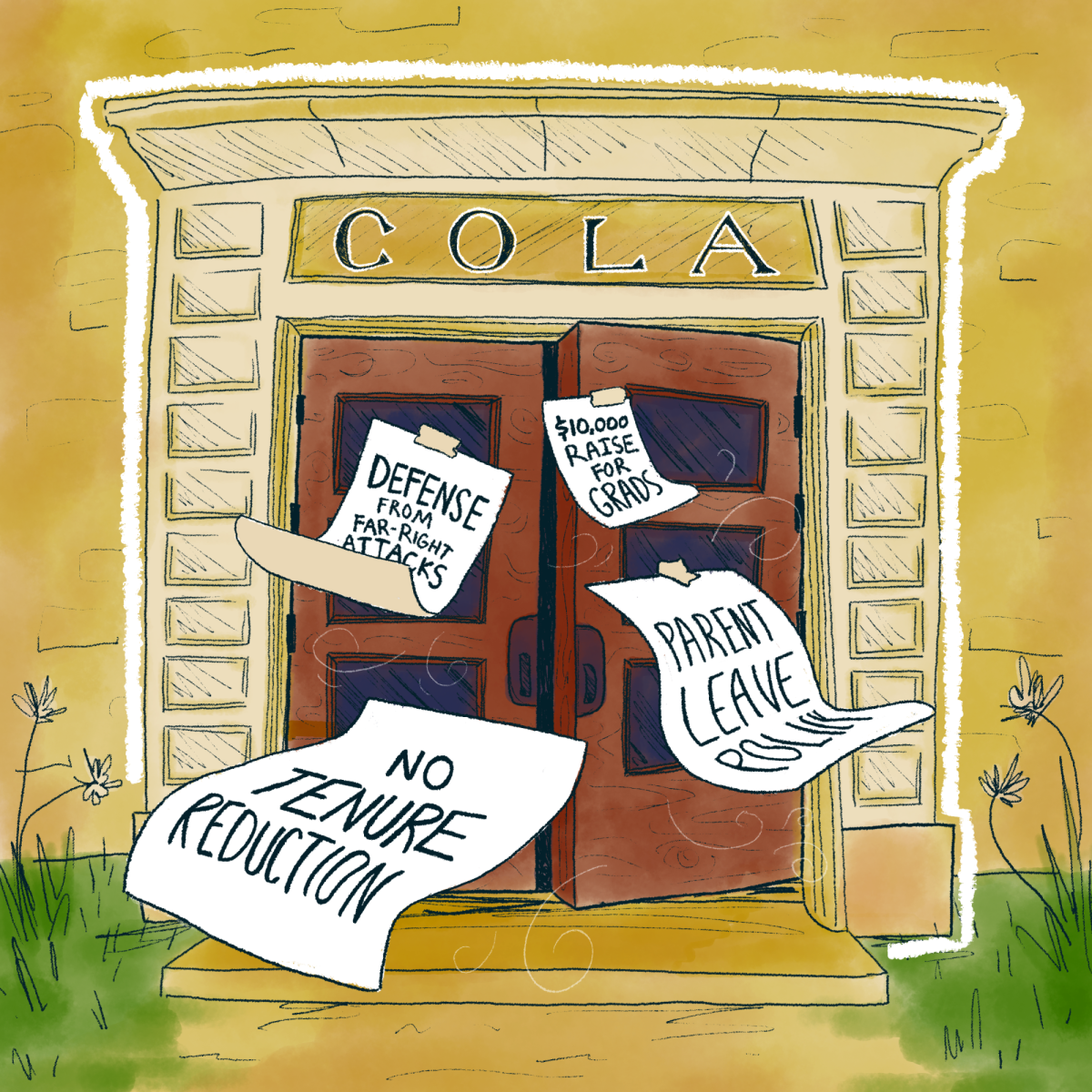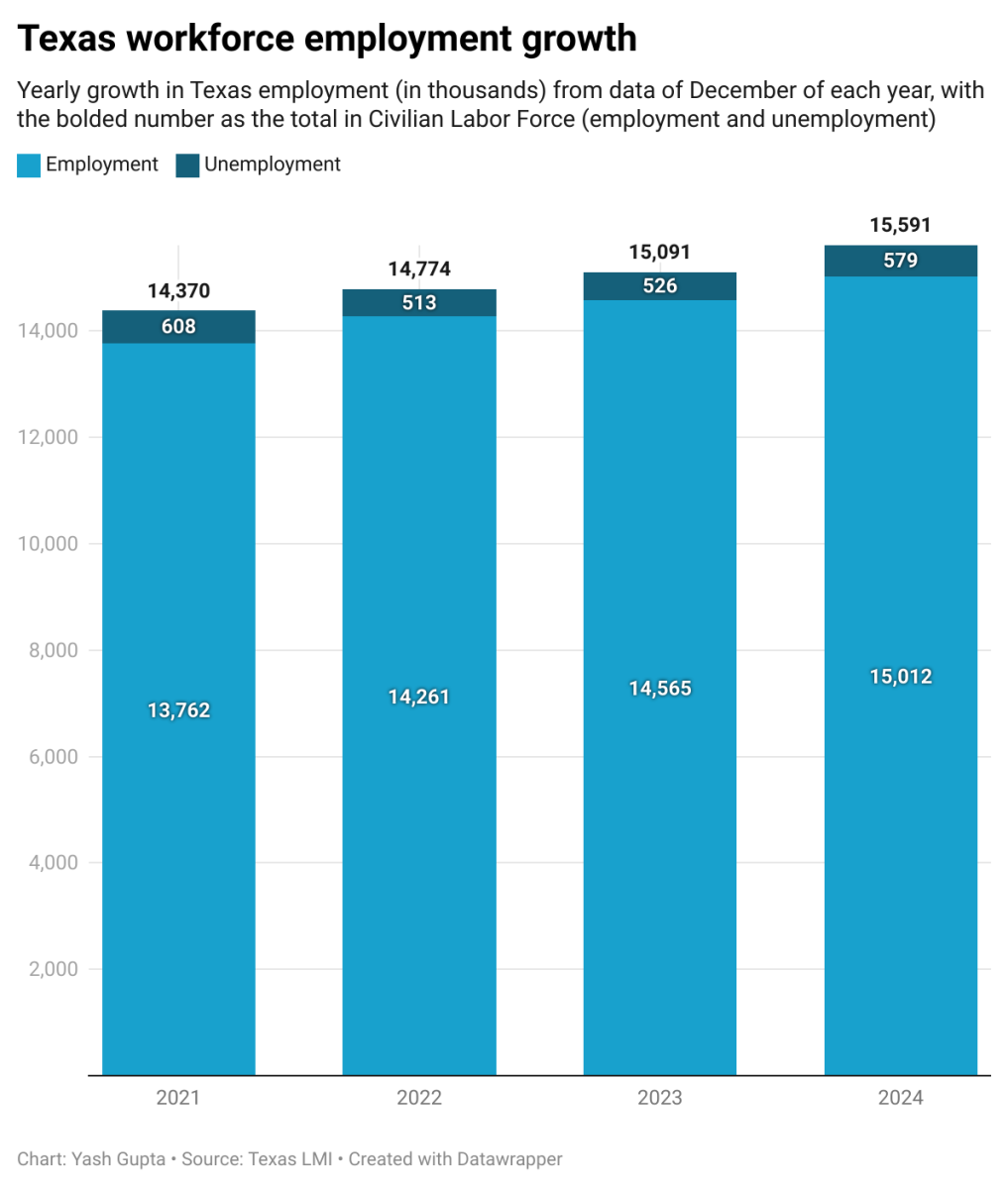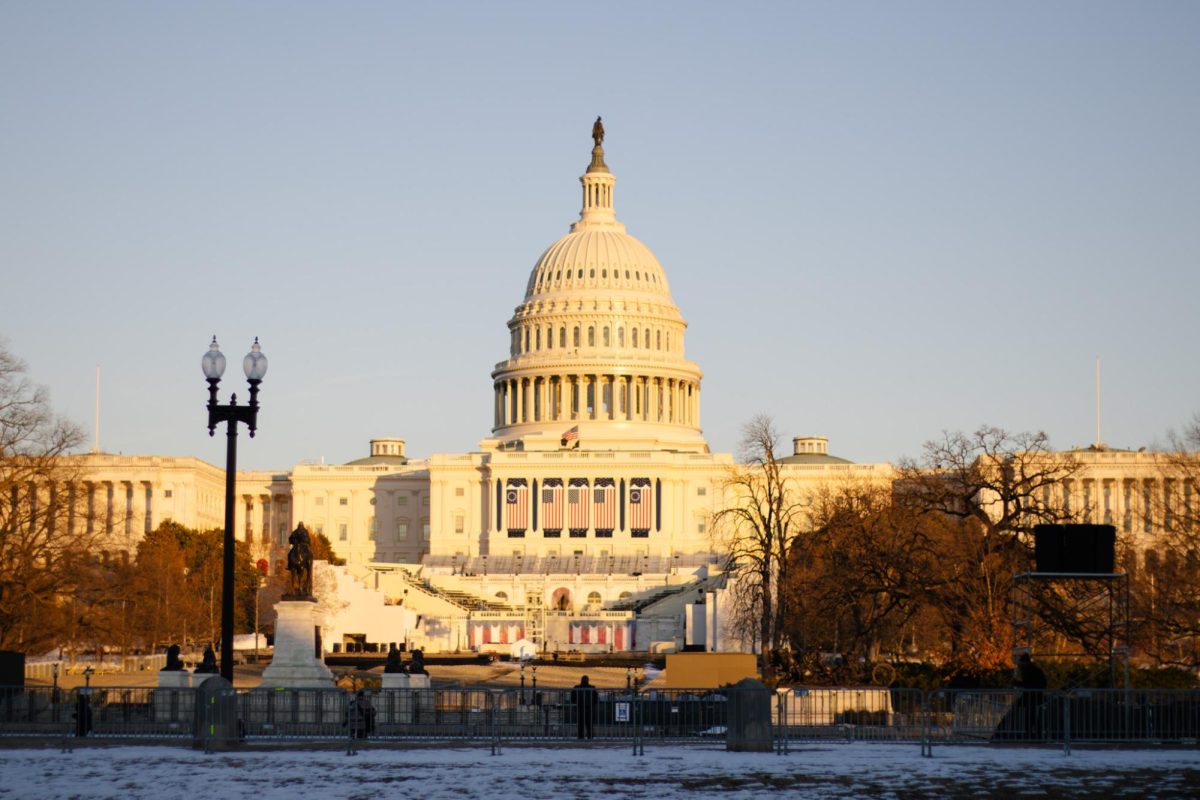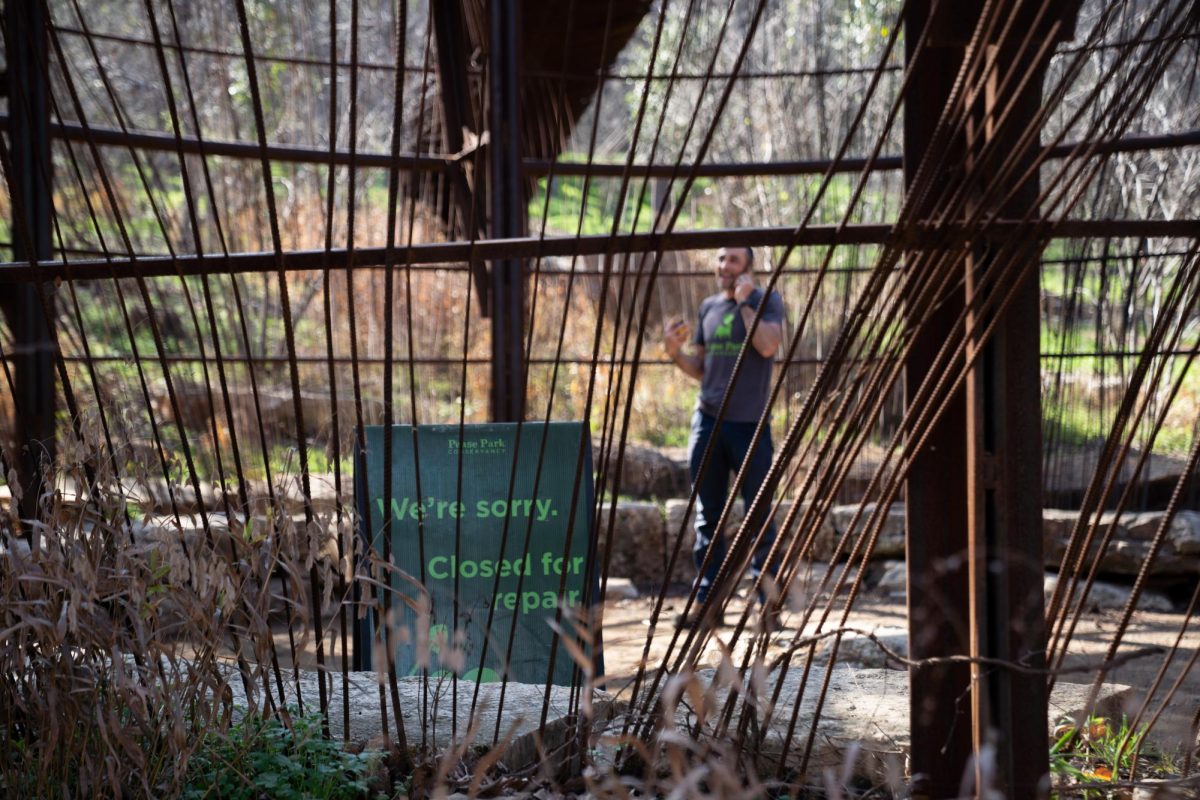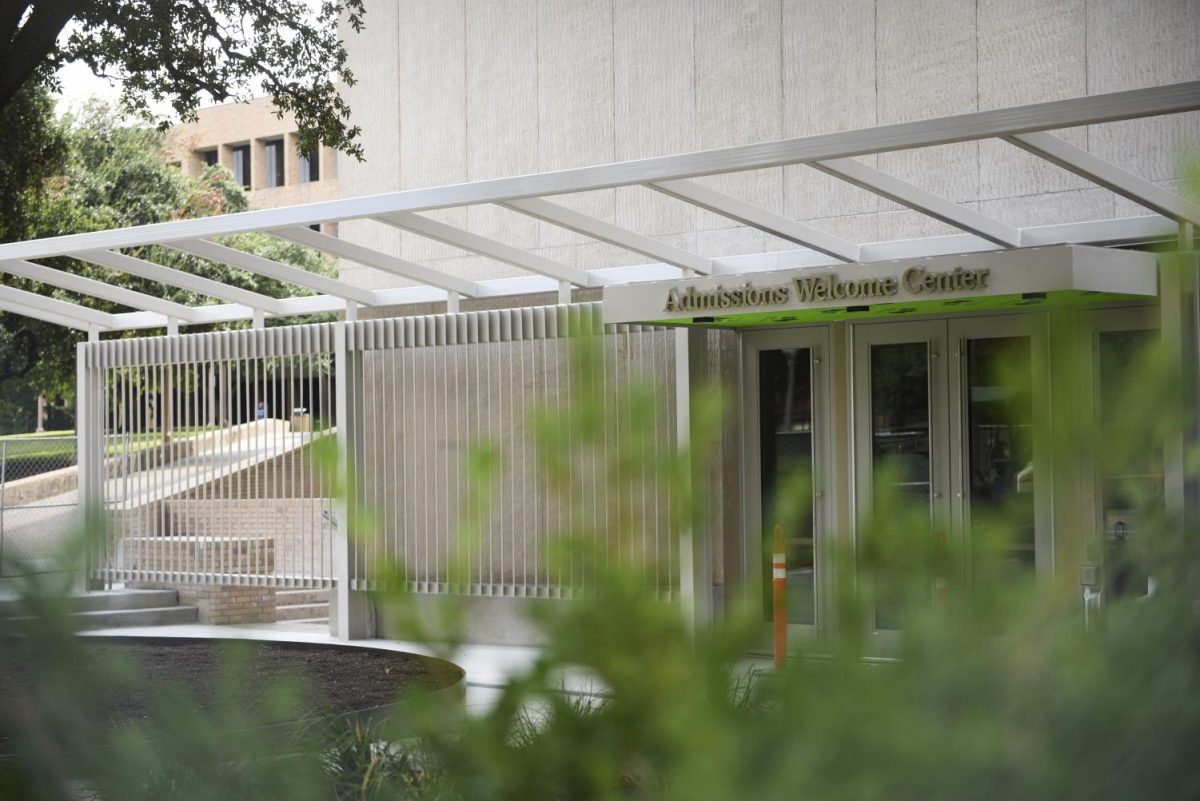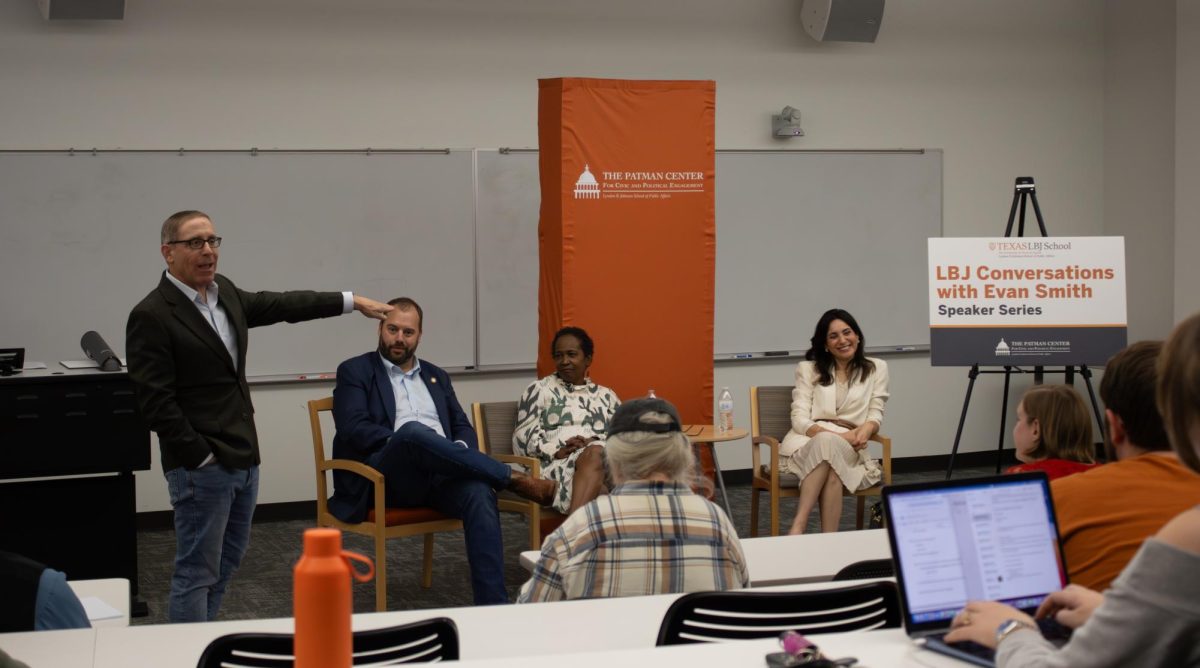For sustainability studies senior Rae Datt, thinking about schoolwork often prompts a different type of stress than the average student experiences. On top of the typical homework and exams, Datt says because of her major, she navigates anxiety about the changing climate and state of the planet.
“You start to have an inflated sense of responsibility toward solving the issue, and that can cause anxiety,” Datt said.
According to a 2021 global survey of young people aged 16 to 25 years, more than half of respondents said they feel sad, anxious, angry, powerless, helpless and guilty when it comes to climate change. Additionally, the survey found that more than 45% of respondents said their feelings about climate change negatively affect their daily life. To combat the dread, mental health professionals are exploring therapeutic approaches to the climate crisis.
Meg Mattingly, a licensed therapist in Austin, said she started focusing on the psychological effects of climate change about a year ago to help clients who experience climate anxiety, or distress and obsession about the state of the climate that sometimes leads to intrusive thoughts or existential dread.
“(It’s important to) acknowledge our pain, suffering, frustration and anger, but we’ve got to find ways to accept and allow and then move through,” Mattingly said.
Mattingly said climate change-related catastrophes can cause significant mental health consequences, including depression, post-traumatic stress disorder, grief and suicidal ideation. She said loss of the natural environment is not a new phenomenon, especially for marginalized communities, but more people are finding themselves face-to-face with the reality of climate destruction, raising more awareness about climate anxiety.
Mattingly said it’s young people, like Gen Z, who are feeling it the most.
Datt said most of her anxiety circulates around the uncertainty of her future, as climate change-related catastrophes have made her question whether a career in environmentalism is sustainable for her mental health. However, she said making climate-aware therapists available for people who work in sustainability would be a helpful resource.
“I have had major concerns (about) being able to separate my livelihood and how I make money,” Datt said. “I feel like that could potentially be problematic.”
Caroline Gamble, a sustainability studies and economics junior, said she already felt overwhelmed about climate change from her environmental studies, but her climate anxiety was magnified after a wildfire broke out last month in San Marcos near her hometown of Dripping Springs. While she generally considers herself an optimist, Gamble said living with natural disasters and increased heat makes it physically hard for her to picture a future.
“I think there’s a lot of change we can create, but I think (with) the track that we’re on now, there is that dystopian view I have in my mind of the world,” Gamble said.
Mattingly said climate change is a growing topic in the mental health community, but she’d like to see more formal training made available so climate-aware therapists become normalized. She said the goal isn’t to fix climate anxiety but to hold space for it.
“Making sense of (climate change) can feel really isolating,” Mattingly said. “Connecting with other people and having a space to talk about it where you’re not trying to fix but just allowing to hear other people’s experiences can feel really healing.”




